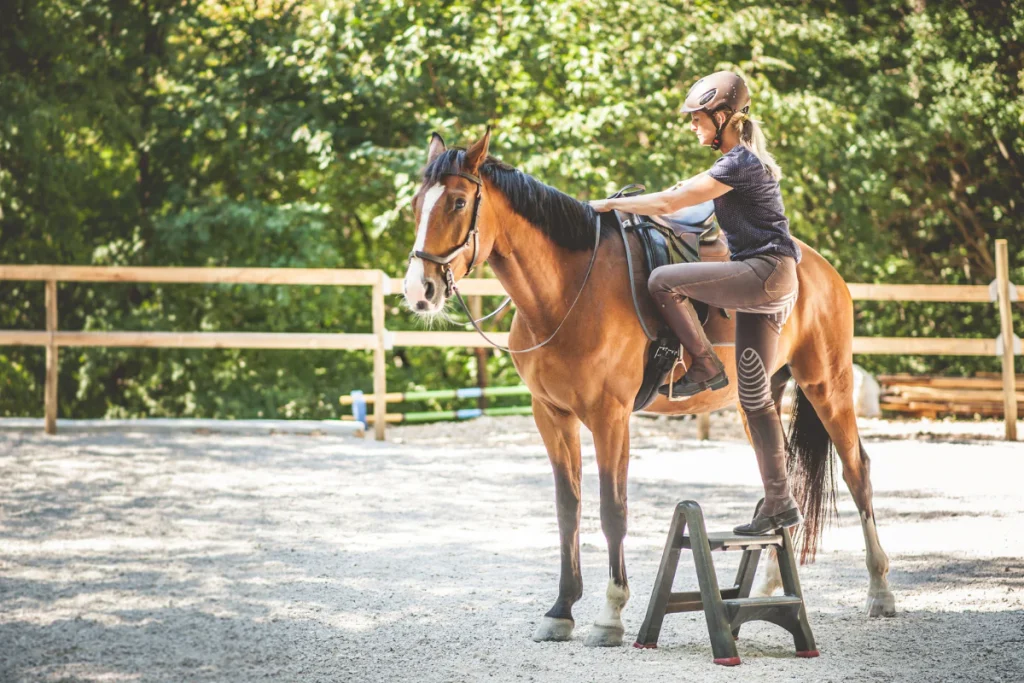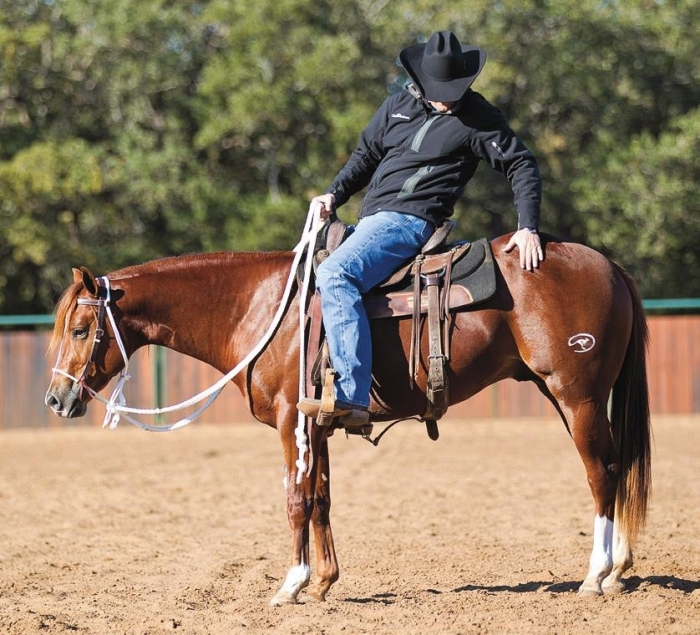Recognizing when a horse is not getting enough rest is vital for its overall health and performance. Just like any athlete, horses need a balance of work and downtime to stay in peak condition. Without sufficient rest, a horse’s physical and mental well-being can be compromised. Here’s a breakdown of the signs to watch for and how to manage your horse’s rest needs effectively.
>> READ MORE:
- What Side Do You Mount A Horse The Age-Old Question Answered
- Uncover the Safety Secrets: Why Mounting Horses from the Left Side is Essential
Contents
Behavioral Changes as Indicators of Inadequate Rest
Horses, by nature, are creatures of habit. Any sudden changes in their behavior can be a clue that something isn’t quite right. Common signs of fatigue or stress include:
- Irritability or Aggression: A usually calm horse becoming more easily agitated or aggressive.
- Withdrawal: A horse that usually enjoys interaction may become more distant or less interested in socializing.
- Lethargy: A lack of energy or interest in the surroundings may indicate tiredness.
Physical Signs of Fatigue
Physically, inadequate rest can show up in several ways:
- Dull Coat: A horse that is not well-rested may exhibit a lackluster or rough coat. https://hearttohorses.com/
- Dark Circles Around the Eyes: This can suggest exhaustion and fatigue.
- Muscle Tremors or Stiffness: Overworked muscles can lead to tremors or stiffness, indicating the need for more recovery time.
- Decline in Performance: Difficulty in maintaining speed, balance, or gait, as well as a reluctance to perform, are signs of a horse being overworked and under-rested.
Appetite and Weight Fluctuations
Rest influences a horse’s metabolism and digestion. Lack of sleep can cause:
- Reduced Appetite: Horses under stress or fatigue may lose interest in eating.
- Weight Loss: Prolonged periods of insufficient rest can lead to weight loss due to a lack of food intake. On the other hand, some horses might eat excessively due to stress, leading to weight gain. Monitoring their food intake is key to understanding their rest needs.

Managing Rest for Your Horse
Recognizing the signs of inadequate rest is only part of the equation. Proper management is crucial to ensure your horse’s health:
- Create a Comfortable Environment: Ensure your horse has a quiet, comfortable place to rest, whether it’s a stall or pasture.
- Balanced Exercise Program: An appropriate balance between exercise and rest is key. Avoid overworking the horse and allow for ample recovery after intense activities.
- Regular Veterinary Check-ups: Have your horse regularly checked by a veterinarian to monitor their health and assess if the workload and rest schedule are appropriate.
- Monitoring Workload: Pay close attention to the intensity and frequency of activities, ensuring that your horse gets enough downtime between training or events.
Conclusion
Understanding when your horse needs rest is critical for maintaining both its physical health and mental well-being. By recognizing signs of fatigue early, managing rest appropriately, and offering consistent care, you can ensure your horse is always in top condition. Regular monitoring of behavior, physical signs, appetite, and performance will help you detect any signs of fatigue before they escalate into more serious issues. A rested horse is a happy, healthy, and high-performing one, ready for whatever challenge comes next.

